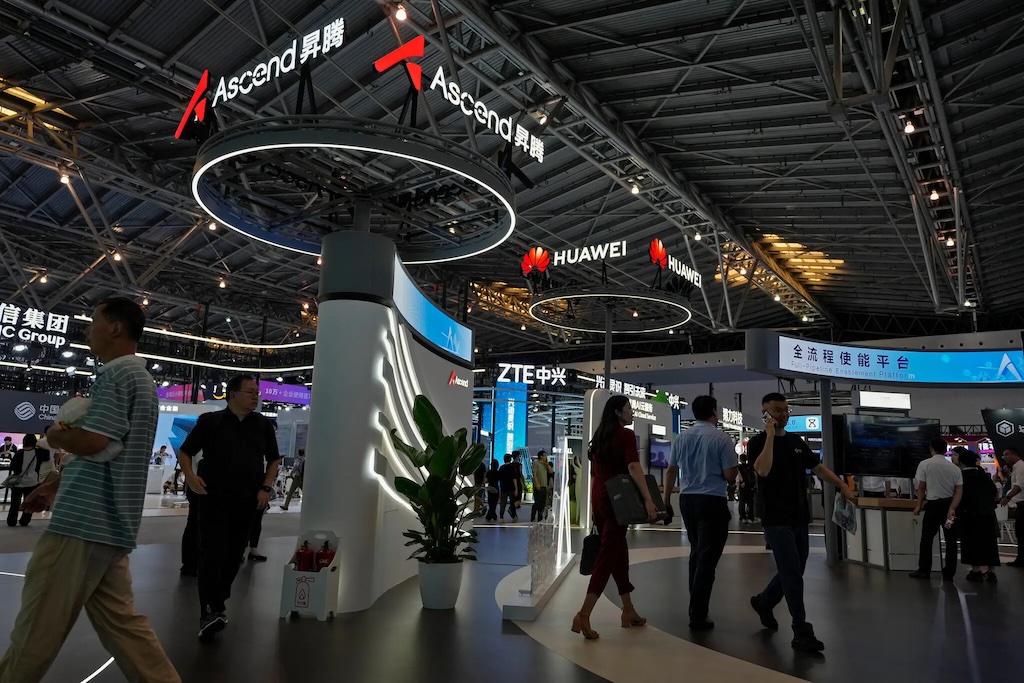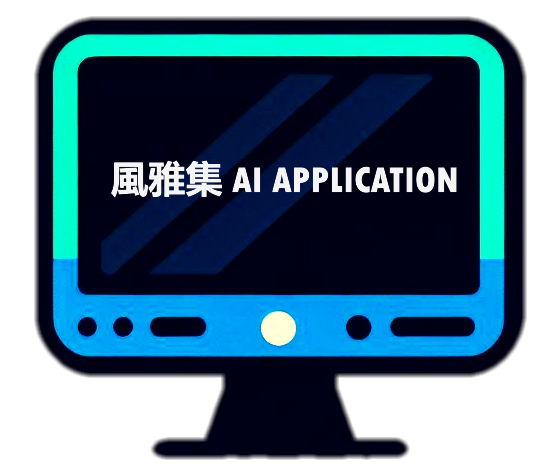Prompt: Please give a comprehensive summary of this NYTimes article, section-by-section.
to MS-Copilot.
簡介: 這份文件探討DeepSeek的成功是否是中國教育系統的勝利。許多中國人認為DeepSeek的成就是中國教育系統與美國教育系統不相上下甚至超越的證明。DeepSeek是一家在人工智慧產業取得巨大成就的中國初創公司,其核心開發人員和科學家都曾在中國大學就讀。
公眾反應和國際認可: DeepSeek的成功引發了中國網民的熱議,他們為中國每年產生大量科學博士而自豪。Telegram的創始人帕維爾·杜羅夫稱讚中國激烈的學校競爭環境助長了AI的成功,認為如果美國不改革教育體系,將失去科技領導地位。
超越教育的複雜現實: 雖然中國在教育特別是科技領域投入大量資金,但畢業生面臨課堂以外的挑戰,包括嚴格的企業文化和不穩定的政府政策。在習近平領導下,共產黨優先考慮控制,而非經濟增長,影響了科技公司。
DeepSeek的策略: DeepSeek透過保持低調和專注於知識探索來避免壓力,但這一策略的可持續性尚未確定。
教育系統的比較分析: 杜克大學教授陳怡然承認,中美在AI教育上的差距正在縮小,但其他因素也影響成功。
教育對國家地位的影響: 對許多中國人來說,教育系統的實力與國家全球地位密切相關。過去20年裡,中國大學畢業生人數增長了14倍,許多大學現在已經世界一流。儘管如此,許多頂尖學生曾前往國外並留下,但這一趨勢正在改變。
STEM畢業生和AI專業化: 2020年,中國STEM畢業生人數是美國的四倍多。自2018年以來,中國在AI領域增加了2300多個本科專業。到2022年,全球近一半頂尖AI研究人員來自中國大學,並且越來越多的人在中國工作。
挑戰和批評: 批評者認為中國的教育系統過於側重應試,扼殺創造力和創新力。雖然並非所有AI項目都產出頂尖人才,但如清華大學和北京大學等頂尖學校已是世界一流。
政府和學術合作: 中國政府促進學術界與業界的緊密聯繫,投入大量資金於研究項目,並鼓勵為國家AI計劃作貢獻。然而,政府干預也是創新的潛在威脅。
政治環境和行業影響: AI行業尚未受到人才流失的影響,部分原因是得到了政治上的認可。若政府對大科技公司態度寬鬆些,中國的AI格局可能會有所不同。
企業文化和創新: 即便在私營企業,員工也常常被要求急功近利,導致中國工程師更善於改進現有創新,而非提出新的創新。
DeepSeek的獨特地位: DeepSeek的成功可能得益於其與其他中國科技公司不同之處及其共同優勢。它的資金來自母公司對沖基金的利潤,並雇用人文學科學生營造自由思考的環境。
仿效呼聲: 自DeepSeek取得突破性成功以來,一些聲音敦促更多中國公司效仿其模式。浙江省委強調需要信任年輕人才,並給予領先企業更多創新資源。
結論: 為了充分利用受過良好教育且有抱負的AI人才,中國可能需要減少政府干預。創新往往是自發的,而不是刻意安排或教授的。
如果需要進一步詳細的翻譯或更多見解,隨時告訴我!
Sure, I’ll provide a comprehensive summary of each section of the document “DeepSeek的成功是中國教育的勝利嗎?” (Is DeepSeek’s Success a Victory for Chinese Education?).
Introduction: The document explores whether DeepSeek’s success is a testament to the Chinese education system. Many Chinese people view DeepSeek’s achievements as evidence that China’s education system is on par with or even surpassing that of the United States. DeepSeek is a groundbreaking Chinese startup in the artificial intelligence (AI) industry, with its core developers and scientists having studied at Chinese universities.
Public Reaction and International Recognition: The success of DeepSeek has sparked conversations among Chinese netizens, who take pride in the fact that China produces a significant number of science PhDs annually. Pavel Durov, the founder of Telegram, praised China’s competitive school environment for fostering AI success, suggesting that the U.S. risks losing technological leadership if it does not reform its education system.
Complex Realities Beyond Education: While China has invested heavily in education, especially in science and technology, graduates face challenges beyond the classroom, including strict corporate culture and unpredictable government policies. Under President Xi Jinping, the Chinese Communist Party has prioritized control over economic growth, impacting technology companies.
DeepSeek’s Approach: DeepSeek has managed to avoid some pressures by maintaining a low profile and focusing on knowledge exploration rather than short-term gains. However, the sustainability of this approach remains uncertain.
Comparative Analysis of Educational Systems: Duke University Professor Chen Yiran acknowledges that the education gap between China and the U.S. is narrowing, especially in AI. However, other factors also play a role in determining success.
Impact of Education on National Status: For many Chinese, the strength of the education system is linked to the country’s global status. China has significantly increased the number of university graduates over the past 20 years, and many of its universities are now world-class. Historically, many top Chinese students went abroad and stayed there, but this trend is beginning to change.
STEM Graduates and AI Specialization: In 2020, China produced over four times as many STEM graduates as the U.S. Since 2018, China has added more than 2,300 undergraduate majors in AI. By 2022, nearly half of the world’s top AI researchers came from Chinese universities, with an increasing number working in China.
Challenges and Criticisms: Critics argue that China’s education system overly focuses on exams, stifling creativity and innovation. While not all AI programs in China produce top talent, the best schools, like Tsinghua University and Peking University, are world-class.
Government and Academic Collaboration: China’s government promotes close ties between academia and industry, investing heavily in research projects and encouraging contributions to national AI plans. However, government involvement is also seen as a potential threat to innovation.
Political Climate and Industry Impact: The AI industry has been relatively unaffected by the loss of talent due to political recognition. However, a more lenient approach towards large tech companies could have transformed China’s AI landscape.
Corporate Culture and Innovation: Even in private enterprises, there is a stereotype that Chinese engineers are better at improving existing innovations rather than creating new ones. DeepSeek’s founder Liang Wenfeng regrets that top talent in China is often underestimated due to a lack of hardcore innovation.
DeepSeek’s Unique Position: DeepSeek’s success may be attributed to both its differences from and commonalities with other Chinese tech companies. It benefits from the profits of its parent hedge fund and employs humanities students to foster a free-thinking environment.
Calls for Emulation: Since DeepSeek’s breakthrough, there have been calls for more Chinese companies to follow its model. The Zhejiang Provincial Party Committee has emphasized the need to trust young talent and provide leading enterprises with more resources for innovation.
Conclusion: To leverage its well-educated and ambitious AI talent, China might need to minimize government intervention. Innovation is often spontaneous and self-generated, rather than deliberately orchestrated or taught.
Let me know if you need further details or additional insights on any section!


